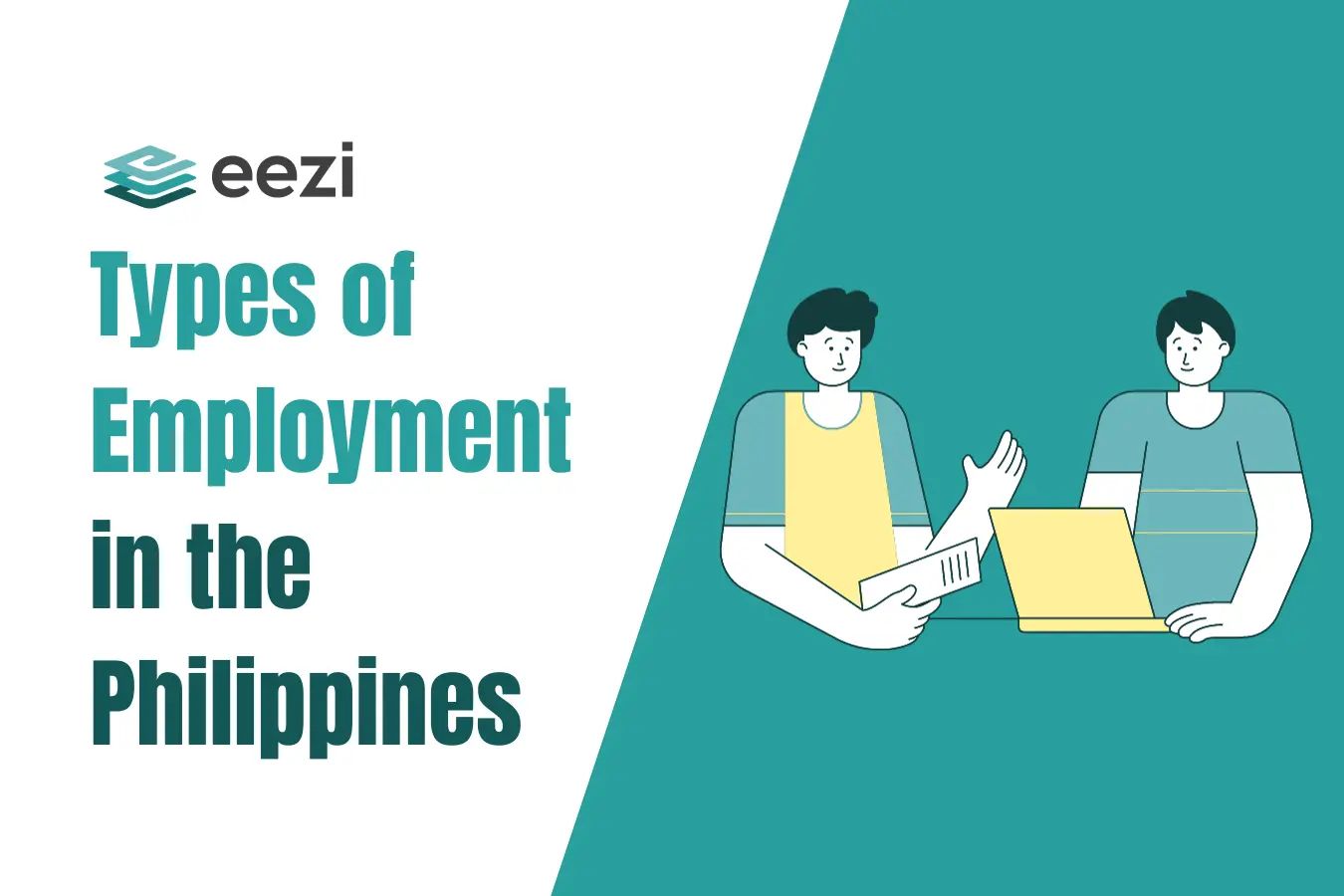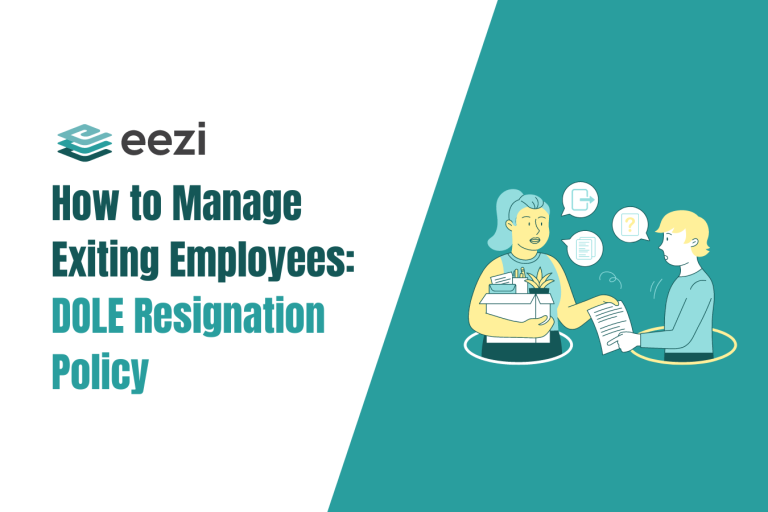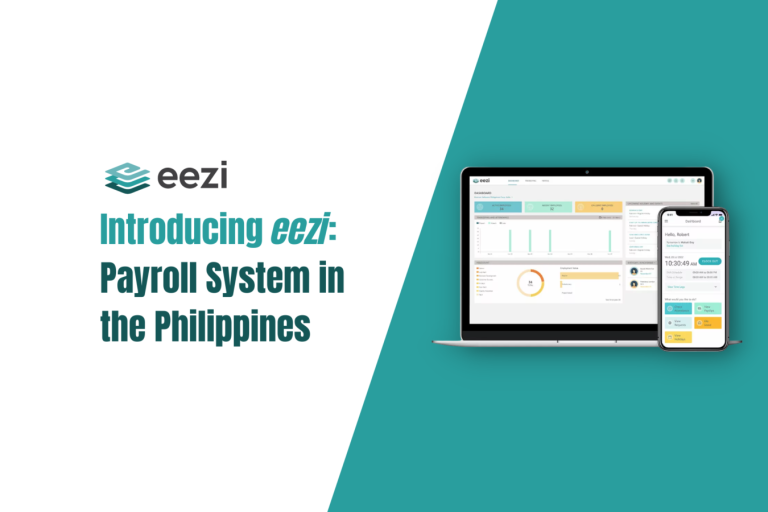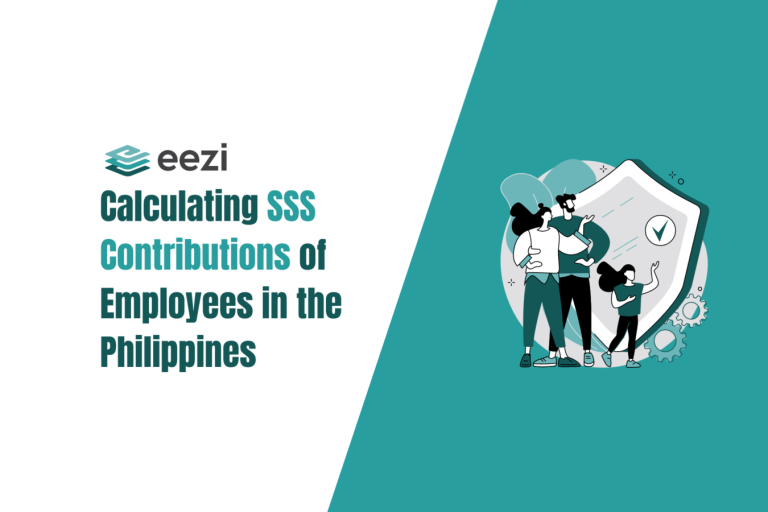Learn about the common employment status types in the Philippines.
Key Points
- The different employment statuses usually depend on whether they are full-time, part-time, seasonal, or temporary.
- Regular employment is a more stable form of employment in which a worker is a consistent part of the labor force and thus receives additional benefits.
- Contractual and project-based employment allows employees to work on a specific project and the employment usually ends at project completion or at the expiration of the contract.
- Casual and seasonal employment are temporary work arrangements in which extra manpower is deployed to respond to changes in demand, such as holidays or peak business months.

The Philippine labor market encompasses a diverse spectrum of employment options. This includes traditional full-time positions, such as regular employees, probationary employment, and other emerging flexible work arrangements.
Employers and job seekers alike navigate through avenues such as regular employment or permanent employment, contractual engagements, and project-based work. The nation’s labor force also embraces the gig economy, where freelance and part-time opportunities thrive.
What are the usual types of employment in the Philippines?
The most common types of employment in the country include:
- Regular Employment: This is a traditional full-time position where a regular employee works for a specific company with a regular work schedule and benefits.
- Contractual Employment: Individuals who work for a specific period or project. Contract employees’ terms and conditions come in an employment contract, and benefits may vary.
- Project-Based Employment: Similar to contractual employment, individuals specifically work for a particular project. Once the project concludes, employment may end.
- Probationary Employment: Workers under probationary employment work on a probationary period. While on probationary employment status, the employer assesses their performance before granting regular employment status.
- Part-Time Employment: Individuals work for fewer hours than full-time employees, allowing for flexibility in schedules.
- Freelance or Self-Employment: Individuals work independently, provide services on a project basis, and are responsible for managing their own businesses.
- Internship: Typically undertaken by students or recent graduates, internships provide hands-on experience in a specific industry for a limited duration.
- Consultancy: Professionals with specialized skills offer their expertise to companies on a contractual basis.
- Casual or Seasonal Employment: Casual or seasonal employment entails temporary work that is often tied to specific seasons or events, such as holiday seasons or peak business periods. They may be continuously rehired as necessary. Casual employment and seasonal employment can also be executed under the terms of a contract or written agreement.
- Gig Economy: This includes short-term, flexible jobs, often facilitated through digital platforms, allowing individuals to take on various tasks or projects.
What are the different categories of usual business or trade in the Philippines?
Some of the usual business or trade types in the Philippines include:
- Retail
- Manufacturing
- Services
- Information Technology (IT) and Business Process Outsourcing (BPO)
- Agriculture
- Real Estate
- Construction
- Transportation and Logistics
- Finance and Banking
- Food and Beverage
- Tourism, Accommodations, Travels and Tours
- Health and Wellness
- Education and Scholastic Training Services
- Mining and Quarrying
- Energy Production, Distribution, and Sales

What is the difference between regular and other types of employment
Regular employees, seasonal employees, and project employees differ primarily in their employment duration and ongoing commitment to an organization.
Regular employees and permanent employees are typically hired for an indefinite period, forming a stable and consistent part of the workforce. They receive continuous employment benefits and adhere to a regular work schedule.
On the other hand, seasonal employees, casual employees, and project employees are brought on board to meet temporary demands during specific periods, such as holiday seasons or peak business times, or to work on a specific project.
Seasonal employment is inherently temporary, with a predetermined end date tied to the cyclic nature of the industry.
While a regular employee contributes to the year-round functions of a company, seasonal employees fulfill short-term roles to address fluctuating needs, often without the long-term commitments and benefits associated with regular employment.
eezi HR Guide
Make recruitment and onboarding a breeze.
What are the different types of employees in the Philippines?
The key employee types in the Philippines include:
- Regular Employee: The regular employee has a continuous and permanent employment relationship with the employer for a definite period. A regular employee enjoys benefits such as health insurance, leaves, and retirement plans.
- Contractual Employee: Employed for a specific duration or purpose, contractual employees work within the bounds of an employment contract. Contract employment terms may include project-based work or fixed-term employment.
- Project Employee: A project employee who works only for a specific project. Once the specific project concludes, the employment of the project employees may end.
- Probationary Employee: Individuals on probationary period undergo a trial period, during which the employer evaluates their performance. Upon successful completion, they may become regular fixed-term employees.
- Part-Time Employee: Work fewer hours than full-time employees, providing flexibility in schedules. Part-time employees may or may not receive the same benefits as their full-time counterparts.
- Temporary Employee: Hired for a short duration, temporary employees fill in for absent regular employees or address short-term staffing needs.
- Casual or Seasonal Employee: These casual employees are regular seasonal employees under the Labor Code. Moreover, employers can continuously rehire them. Usually, regular seasonal employees fulfill temporary or seasonal demands, such as during holidays or peak business periods.
- Gig Workers: Embracing the gig economy, individuals work on a freelance or project basis, often through digital platforms, providing services as needed.
- Interns: Typically students or recent graduates, interns gain practical experience in a specific industry for a limited duration, often as part of their educational curriculum.
- Outsourced or Offshore Workers: Engaged through outsourcing companies, these employees work for a company remotely or in a different location, providing various services such as customer support and IT development.
Related: Labor-Only vs. Job Contracting in the Philippines
Hiring in the Philippines
Hiring employees in the Philippines involves several processes, including profiling, screening, interviewing, and onboarding. All these take time and effort on the part of the employers.
Usual business owners and potential employers need to be up-to-date with labor laws in the Philippines to ensure that their hiring processes are within the bounds of the legislation.
The country’s pro-labor policy
With its pro-labor policy, the Philippine government strives to protect its labor force and ensure its employment security.
Employees cannot be automatically terminated unless there are just and authorized causes as described in the Philippine labor code. In addition, the actual dismissal or termination must follow the prescribed process.
Lastly, employers who fail to abide by due process can face penalties. Moreover, they must pay the employees back wages, reinstate the terminated employee, and pay for additional compensation.
Related:
Enjoy the perks of an enterprise-grade HR and payroll system without breaking your budget!
Eezi is an extensively customizable HR and payroll solution with enterprise-level functions and features specifically designed for micro and small businesses in the Philippines.



